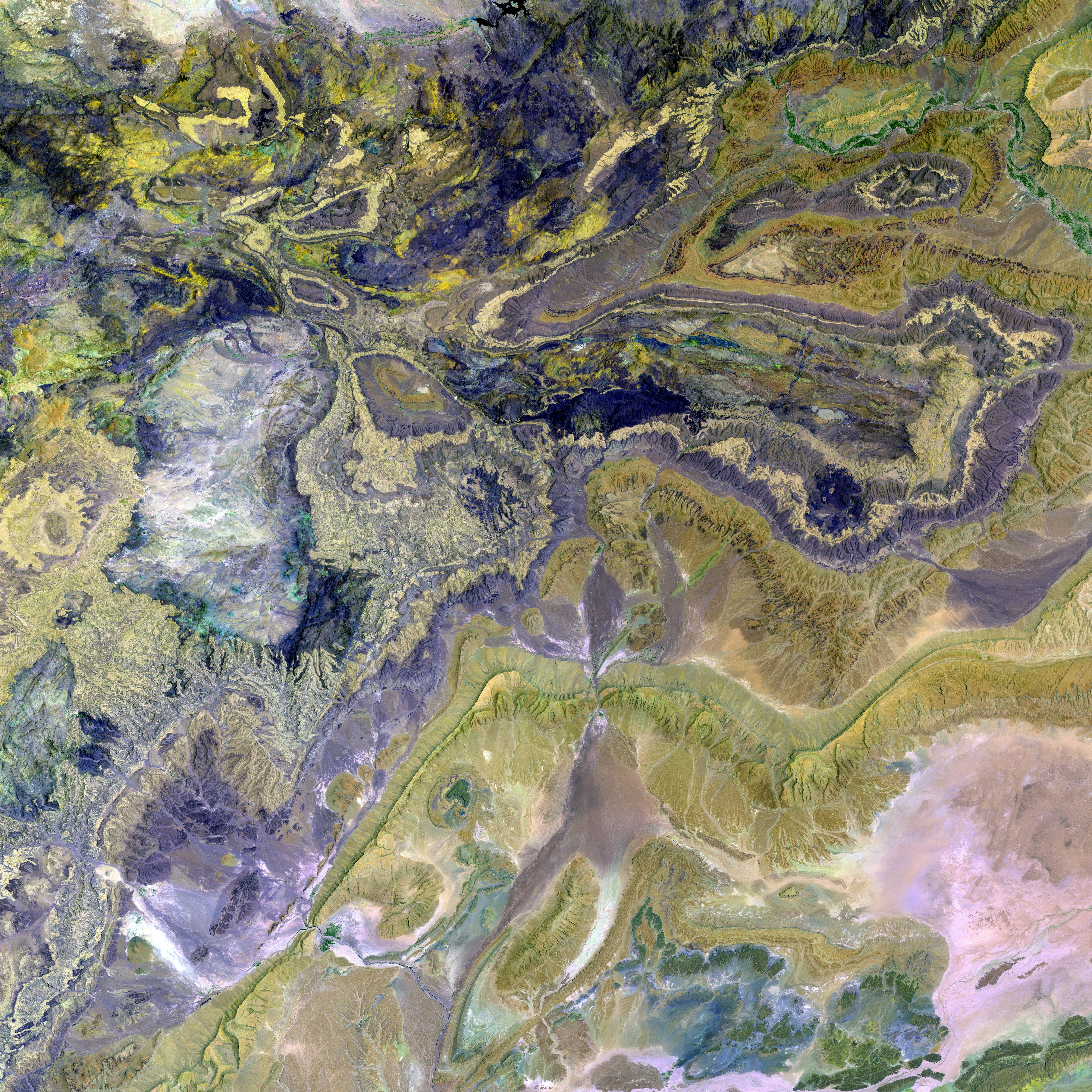Centre-state Relationship: Modi Needs Action to Back Up Words on Unity
PMNarendra Modi urges states and central government to work together towards achieving national goals, coining the term "Team India." This collaboration is seen as a key to making India a developed nation by 2047, the centennial year of its independence. While the Prime Minister has outlined a plan, expectations are high for him to facilitate its implementation.
Numerous chief ministers, particularly those from non-National Democratic Alliance (NDA) parties, have raised concerns about the perceived discrimination in the Union government's treatment of states. Tamil Nadu Chief Minister M.K. Stalin, for instance, expressed concerns about a reduced share of taxes in the divisible pool and the Union government's demands for compliance with the National Education Policy. Similarly, Punjab Chief Minister Bhagwant Mann complained about the alleged "step-motherly" treatment his state receives from the Union government.
The Kerala government has appealed to the Supreme Court for intervention against what it regards as denial of its rightful share of economic aid from the Union government. Several states have also criticized the Union government's allegedly discriminatory practices in sanctioning Central aid to states.
Remarks: According to a collaborative federalism approach, the Modi government has sought to strengthen the relationship between the Union and state governments. The NITI Aayog, chaired by the Prime Minister, serves as a platform for dialogue and decision-making involving chief ministers and lieutenant governors. The administration's initiatives emphasize joint action, inclusive growth, and the removal of outdated laws to promote balanced regional growth.
However, the Union-state relationship remains a subject of debate, with opposition-ruled states alleging political bias in resource allocation. The central government maintains that its interventions are aimed at uniform development and removing bottlenecks. It is crucial for the Prime Minister to address these concerns to facilitate a harmonious and effective national development agenda.
- While the Prime Minister's vision for a developed India by 2047 is commendable, the concerns about perceived discrimination in resource allocation from opposition-ruled states demand attention in the realm of policy-and-legislation.
- The National Education Policy compliance demands from the Union government, as raised by Tamil Nadu and other states, are part of the ongoing debates about the war-and-conflicts in the Union-state relationship.
- The Supreme Court is now considering the Kerala government's appeal for economic aid, adding to the ongoing discussions about the Union government's crime-and-justice in sanctioning Central aid to states.
- As the central government focuses on general-news initiatives like joint action, inclusive growth, and removal of outdated laws under the collaborative federalism approach, addressing the allegations of political bias is crucial to ensure harmonious implementation and prevent car-accidents or fires of discord in the nation's development agenda.








